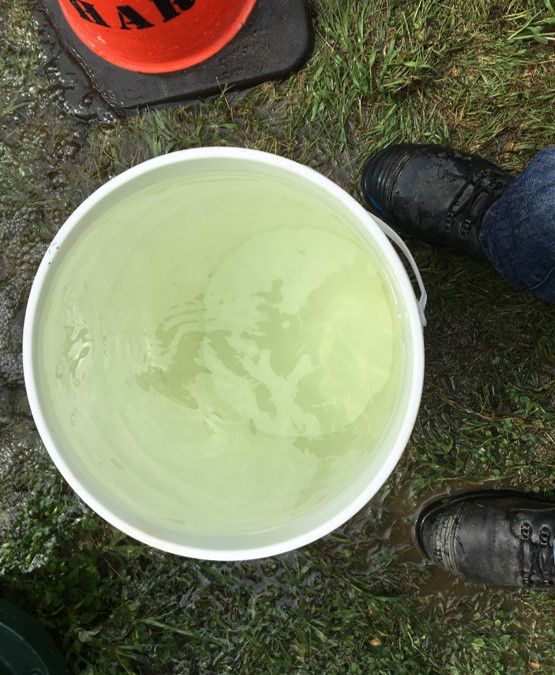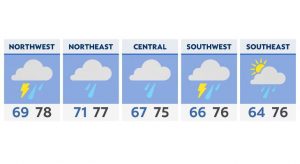President Joe Biden on Wednesday is set to sign into law a bipartisan bill aimed at expanding health care for millions of veterans exposed to toxins while serving overseas.
The $280 billion bill, known in full as the Sergeant First Class Heath Robinson Honoring our Promise to Address Comprehensive Toxics (PACT) Act, would greatly expand eligibility for free medical care through the Department of Veterans Affairs for veterans who have been exposed to toxic chemicals.
According to the Senate Veterans Affairs Committee, over the last two decades, around 3.5 million post-9/11 combat veterans may have been exposed to dangerous chemicals while in the line of duty. Burn pits were used in Iraq and Afghanistan to dispose of chemicals, cans, tires, plastics, medical equipment and human waste. However, 70% of disability claims involving exposure to the pits were denied by the Department of Veterans Affairs.
The bill would expand VA health care eligibility for veterans potentially exposed to toxins, including extending the period of enrollment for post-9/11 combat veterans from 5-10 years, make it easier for veterans to qualify for VA services by codifying the process by which the agency evaluates exposure and links to military service, and remove the burden of proof for nearly two dozen medical conditions, including respiratory related ailments several forms of cancer.
For President Biden, the issue is a personal one: His son Beau, a major in the Delaware Army National Guard, died in 2015 from an aggressive glioblastoma. While the president has been careful to not directly link Beau’s possible exposure to burn pits to his cancer, he believes it’s possible there’s a connection.
“[Beau Biden] spent a year in Iraq and came back decorated, conspicuous service medal honor, bronze star in war zone, etc.,” Biden said in October of 2019. “And because of exposure to burn pits — in my view, I can’t prove it yet — he came back with Stage 4 glioblastoma.”
Montana Sen. Jon Tester, chair of the Senate Committee on Veterans’ Affairs, credited the president with providing the momentum to get the bill passed – and said that his son played a role in that push.
“He was continually pushing. Because whether Beau died of this or not, I think Joe thinks that it had some impact, and so he wanted this fixed,” Tester said. “And because he thinks it was the right thing to do.”
“Different president, different set of priorities, this would have probably never happened,” Tester added.
The White House called the legislation the most significant expansion of benefits for veterans exposed to toxins in more than three decades.
“The PACT Act is a critical step forward to fulfill our nation’s sacred obligation to care for veterans,” the White House wrote in a Twitter post Wednesday ahead of the signing. “For veterans facing toxic exposure and surviving families and friends, the PACT Act is long overdue.”
Despite bipartisan support, the bill’s passage was not exactly smooth sailing.
Last month, Senate Republicans blocked a procedural motion to advance the bill despite supporting a previous version of the measure in June, creating an uproar in Washington. Republicans, led by retiring Pennsylvania Sen. Pat Toomey, wanted to change the way the bill was funded, making it go through the appropriations process instead of mandatory spending.
Veterans and advocates demonstrated outside of the U.S. Capitol for days, with Democrats accusing Republicans of objecting because of the Inflation Reduction Act, a party-line climate change, health care and tax bill.
“Republicans haven’t met a war they won’t sign up for, and they haven’t met a veteran they won’t screw over,” said comedian and activist Jon Stewart, standing side-by-side with lawmakers, veterans and advocates at a press conference last month. “If this is America first then America is f******”
“I’m used to the hypocrisy … I’m used to the lies,” said Stewart. “The Senate is where accountability goes to die.”
Days later, the bill ultimately passed in an 86-11 vote, with the unanimous support of Democrats and the backing of a large group of Republicans.




